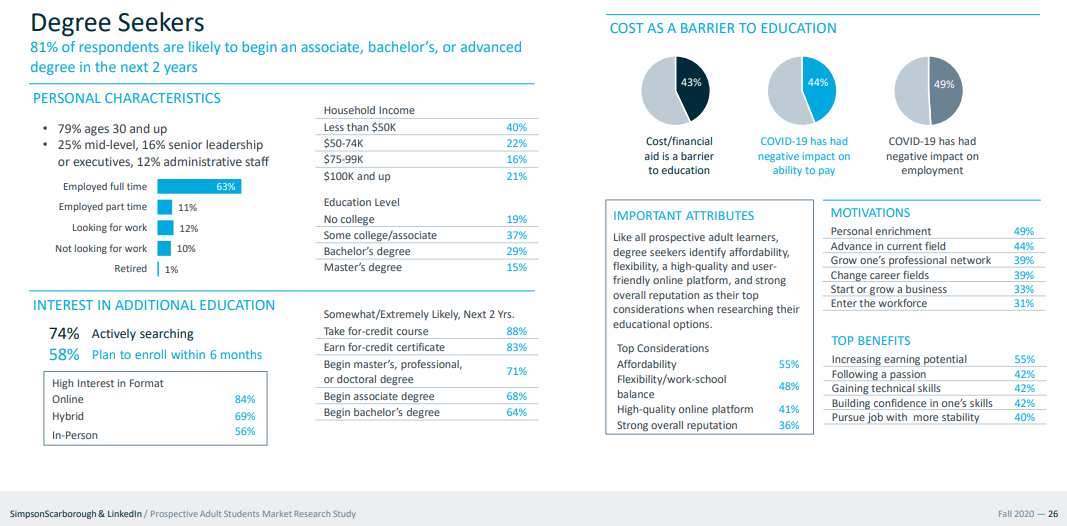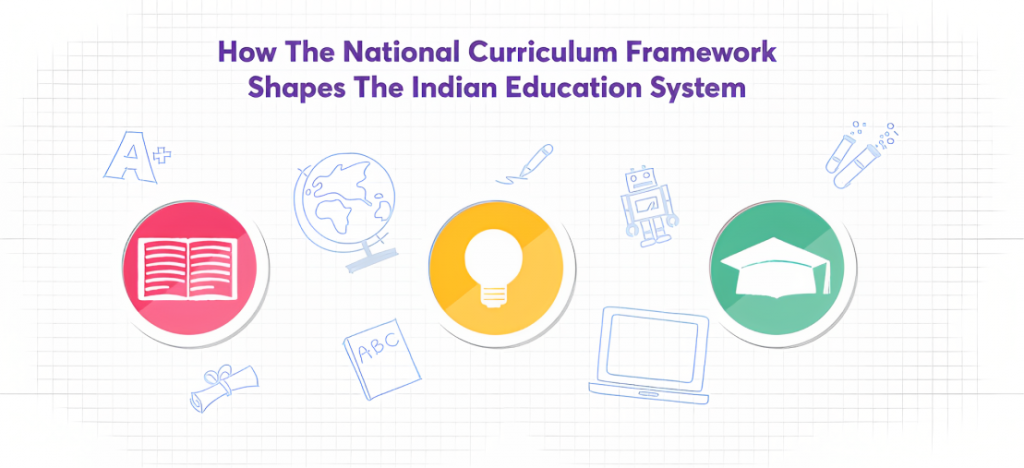Discover the cultural, historical, and political influences that shape India’s education system and its impact on students’ future success.
Table of Contents
- Introduction to India’s Education Landscape
- The Cornerstones of India’s Educational System
- Top Universities Fueling India’s Intellect
- Education as a Driver for the National Economy
- Challenges and Opportunities in Indian Education
- The Future of Education in India
- Conclusion: Why Education Matters for India
Introduction to India’s Education Landscape
India and education go hand in hand, shaping the very foundation of the nation’s development and progress. As one of the world’s largest and most diverse countries, India’s education system plays a pivotal role in driving its national economy forward.
From the bustling streets of Mumbai to the serene villages of Kerala, education permeates every corner of Indian society, empowering individuals and fueling communal growth. Let’s delve into how this diverse and dynamic landscape of education intertwines with the fabric of India.
India’s development as a nation hinges on the quality of education it provides to its people. A well-educated populace not only fosters innovation and critical thinking but also fuels economic prosperity. The symbiotic relationship between education and the national economy forms the bedrock of India’s journey towards a brighter tomorrow.
The Cornerstones of India’s Educational System
India’s educational system is built upon strong foundational elements that support the country’s growth and development. Let’s delve into the structure and policies that define education in India.
Structure of Education in India
In India, education is divided into different levels, starting from primary education all the way up to higher education. At each level, there are governing bodies that ensure quality standards are met to provide a well-rounded education for students.
Policies Defining Education
Key educational policies play a crucial role in shaping India’s educational infrastructure. These policies outline the guidelines and goals that institutions and educators must follow to drive the country’s educational agenda forward.
Top Universities Fueling India’s Intellect
When we talk about the top universities in India that are fueling the country’s intellectual growth, the Indian Statistical Institute (ISI) stands out as a beacon of excellence. ISI, with its rich history and esteemed reputation, is a pioneer in the field of statistics and data analytics. Its cutting-edge research and world-class faculty members have positioned it as a leader in advanced statistical studies.

Image courtesy of medium.com via Google Images
But ISI is not alone in this endeavor. Many other top universities in India are contributing significantly to the nation’s intellectual prowess. These institutions serve as hubs of innovation, research, and knowledge creation, attracting bright minds from all over the country.
By nurturing talent, fostering critical thinking, and providing a platform for groundbreaking research, these universities play a crucial role in shaping India’s intellectual landscape. They are instrumental in producing skilled professionals who drive innovation, economic growth, and societal development.
Education as a Driver for the National Economy
In India, education is not just about gaining knowledge; it is a powerful force that drives the nation’s economy forward. When individuals have access to quality education, they acquire the skills and knowledge needed to excel in various sectors, ultimately boosting the country’s economic growth.
Skilled Workforce and Economic Growth
One of the primary ways in which education influences the national economy is through the creation of a skilled workforce. Education equips individuals with the necessary expertise to thrive in industries such as technology, healthcare, finance, and more. As these skilled professionals contribute to their respective fields, they bring innovation, productivity, and efficiency, all of which are essential for economic development.
Challenges and Opportunities in Indian Education
As we delve deeper into the realm of education in India, it becomes apparent that while there are numerous opportunities for growth and development, there are also several challenges that need to be addressed in order to ensure a holistic educational landscape for all citizens.

Image courtesy of macmillaneducation.in via Google Images
Addressing Educational Disparities
One of the major hurdles in the Indian education system is the presence of disparities among different segments of society. While some students have access to top-notch educational resources and institutions, others face significant barriers to quality education. This divide often stems from socio-economic factors, geographical location, and cultural norms.
In order to bridge this gap and create a level playing field for all students, it is crucial for policymakers, educators, and communities to come together and implement strategies that promote inclusivity and equity in education. This could involve initiatives such as increasing investment in schools in marginalized areas, providing scholarships and support for underprivileged students, and fostering a more diverse and inclusive curriculum that reflects the varied experiences and perspectives of all learners.
By recognizing and addressing these disparities, India can unlock the full potential of its youth and ensure that every individual has the opportunity to receive a quality education that empowers them to thrive and contribute to the nation’s development.
The Future of Education in India
Speculating on the evolving trends and how they might shape the dynamic future of India’s educational landscape.
Incorporating Technology
An exploration of how digital advancements could transform learning and teaching experiences. Technology has become an integral part of our daily lives, and its integration in education can revolutionize the way students learn. From interactive online lessons to virtual reality simulations, technology opens up a world of possibilities for educators and students alike. By utilizing tools like tablets, computers, and the internet, classrooms can become more engaging and interactive, catering to different learning styles and abilities.
Education for Sustainable Development
How India’s education can integrate with sustainable practices to support long-term national and global goals. As the world faces environmental challenges and the need for sustainable development becomes more pressing, education plays a crucial role in shaping future generations who are environmentally conscious and equipped to address these issues. By incorporating topics like climate change, renewable energy, and conservation into the curriculum, Indian schools can empower students to become responsible global citizens who contribute to a more sustainable future.
Conclusion: Why Education Matters for India
Throughout this article, we have delved into the various facets of India’s education system and its impact on the nation’s development and economy. It is evident that education stands as a cornerstone in shaping the future of India and its people. Let us recapitulate why education matters significantly for India.
The Backbone of Progress
Education serves as the backbone of progress and development for any nation, including India. By investing in education, the country can equip its citizens with the necessary skills and knowledge to thrive in a rapidly changing world. A well-educated population leads to innovation, economic growth, and overall prosperity.
Economic Transformation
Education plays a pivotal role in transforming the national economy of India. With a skilled workforce, the country can bolster various sectors, drive technological advancements, and attract investments. A strong educational foundation is crucial for nurturing talent and fostering entrepreneurship, ultimately propelling India towards economic success.
Social Empowerment
Education is not just about acquiring knowledge; it is also a tool for social empowerment. Through education, individuals can break free from the shackles of poverty and inequality, paving the way for a more inclusive and equitable society. Access to quality education ensures that every citizen has the opportunity to realize their full potential.
As we reflect on the importance of education for India, it becomes apparent that investing in the country’s education system is paramount for sustainable growth, socio-economic development, and overall well-being. By prioritizing education, India can harness the potential of its youth, drive innovation, and emerge as a global leader in the 21st century.
Generated by Texta.ai Blog Automation

